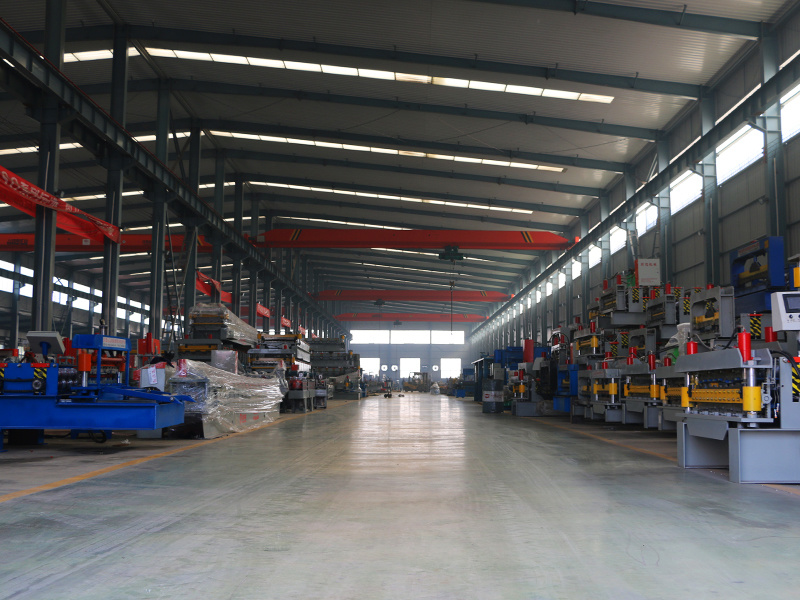Understanding Steel Roll Forming Machines: A Comprehensive Guide for Professionals

Steel roll forming machines are vital pieces of equipment in the manufacturing industry, particularly in sectors that require the continuous shaping of metal into specific profiles. These machines operate by feeding flat sheets or strips of steel through a series of rollers arranged in a specific order. As the steel passes through these rollers, it is gradually formed into a desired shape, which can be utilized in various applications, from construction framing to automotive components.
One of the primary advantages of using a steel roll forming machine is its efficiency in producing consistent and precise profiles at high speeds. This not only minimizes production time but also ensures that the end products meet stringent quality standards. The automation involved in the roll forming process allows for continuous operation, which is particularly beneficial for large-scale manufacturing where volume and speed are critical.
Moreover, steel roll forming machines offer flexibility in design. Manufacturers can create a wide array of shapes and sizes, tailoring products to meet the specific needs of clients. This adaptability is essential in industries such as construction, where customized metal profiles are often required for unique architectural designs.
The durability and strength of the steel produced through this process make it an ideal choice for various applications. The cold-forming process involved in roll forming also contributes to the material's integrity, ensuring that the final product can withstand substantial stress and strain. Additionally, the continuous nature of the process minimizes waste, making it an environmentally friendly option compared to other metal shaping methods.
In terms of maintenance, steel roll forming machines are designed to be robust and require regular servicing to ensure optimal performance. Professionals in the industry should be familiar with best practices for machine upkeep, including lubrication of moving parts and inspection for wear and tear. This proactive approach not only extends the lifespan of the equipment but also enhances safety during operation.
To sum up, steel roll forming machines are indispensable tools in modern manufacturing, offering efficiency, versatility, and durability. Understanding their operation and benefits is crucial for professionals seeking to optimize production processes and meet the evolving demands of their respective industries. As technology advances, these machines continue to evolve, integrating new features that further enhance their capabilities, making them a worthwhile investment for any manufacturing facility.
One of the primary advantages of using a steel roll forming machine is its efficiency in producing consistent and precise profiles at high speeds. This not only minimizes production time but also ensures that the end products meet stringent quality standards. The automation involved in the roll forming process allows for continuous operation, which is particularly beneficial for large-scale manufacturing where volume and speed are critical.
Moreover, steel roll forming machines offer flexibility in design. Manufacturers can create a wide array of shapes and sizes, tailoring products to meet the specific needs of clients. This adaptability is essential in industries such as construction, where customized metal profiles are often required for unique architectural designs.
The durability and strength of the steel produced through this process make it an ideal choice for various applications. The cold-forming process involved in roll forming also contributes to the material's integrity, ensuring that the final product can withstand substantial stress and strain. Additionally, the continuous nature of the process minimizes waste, making it an environmentally friendly option compared to other metal shaping methods.
In terms of maintenance, steel roll forming machines are designed to be robust and require regular servicing to ensure optimal performance. Professionals in the industry should be familiar with best practices for machine upkeep, including lubrication of moving parts and inspection for wear and tear. This proactive approach not only extends the lifespan of the equipment but also enhances safety during operation.
To sum up, steel roll forming machines are indispensable tools in modern manufacturing, offering efficiency, versatility, and durability. Understanding their operation and benefits is crucial for professionals seeking to optimize production processes and meet the evolving demands of their respective industries. As technology advances, these machines continue to evolve, integrating new features that further enhance their capabilities, making them a worthwhile investment for any manufacturing facility.
Key words:
recommend News
Share



